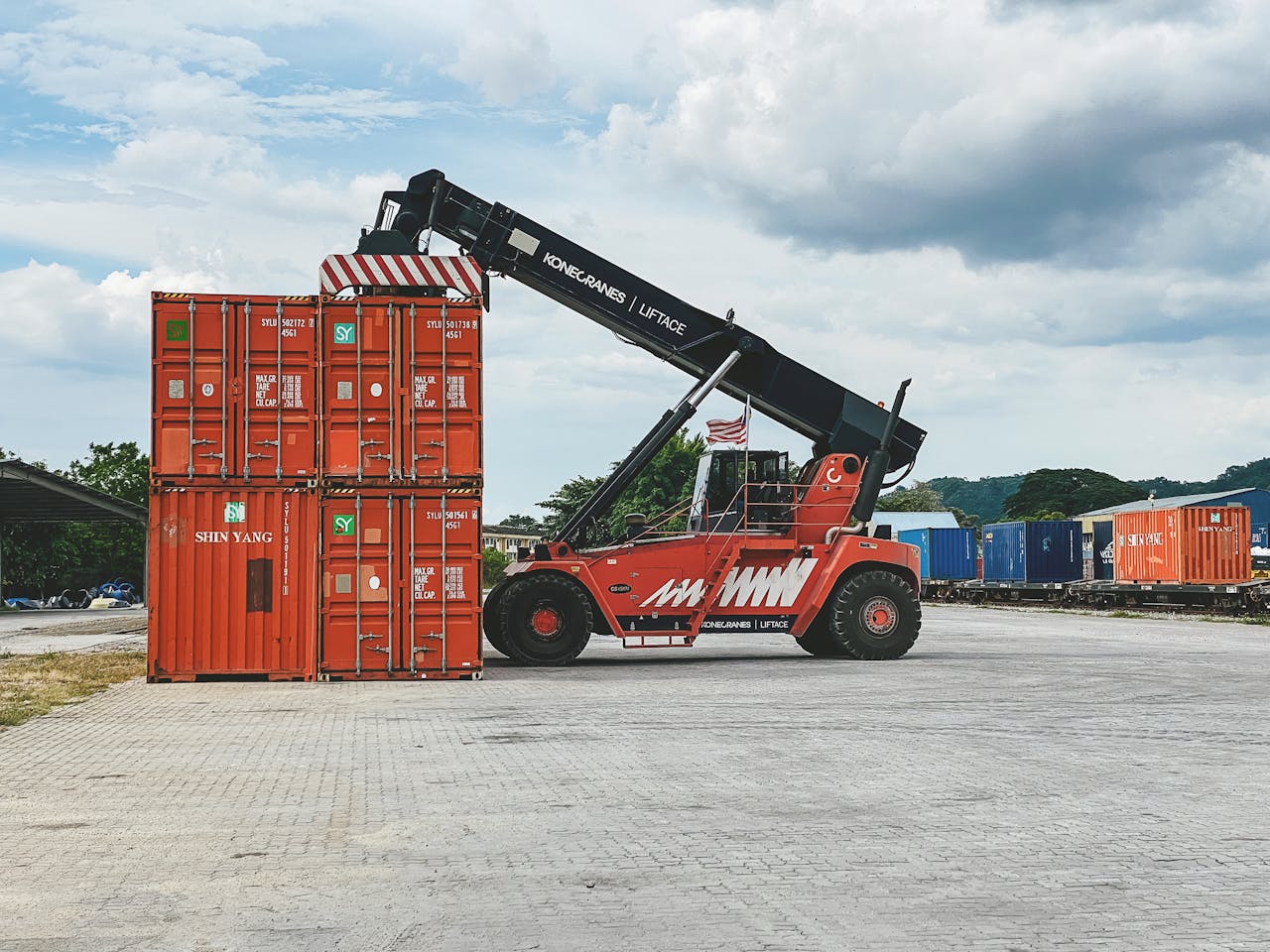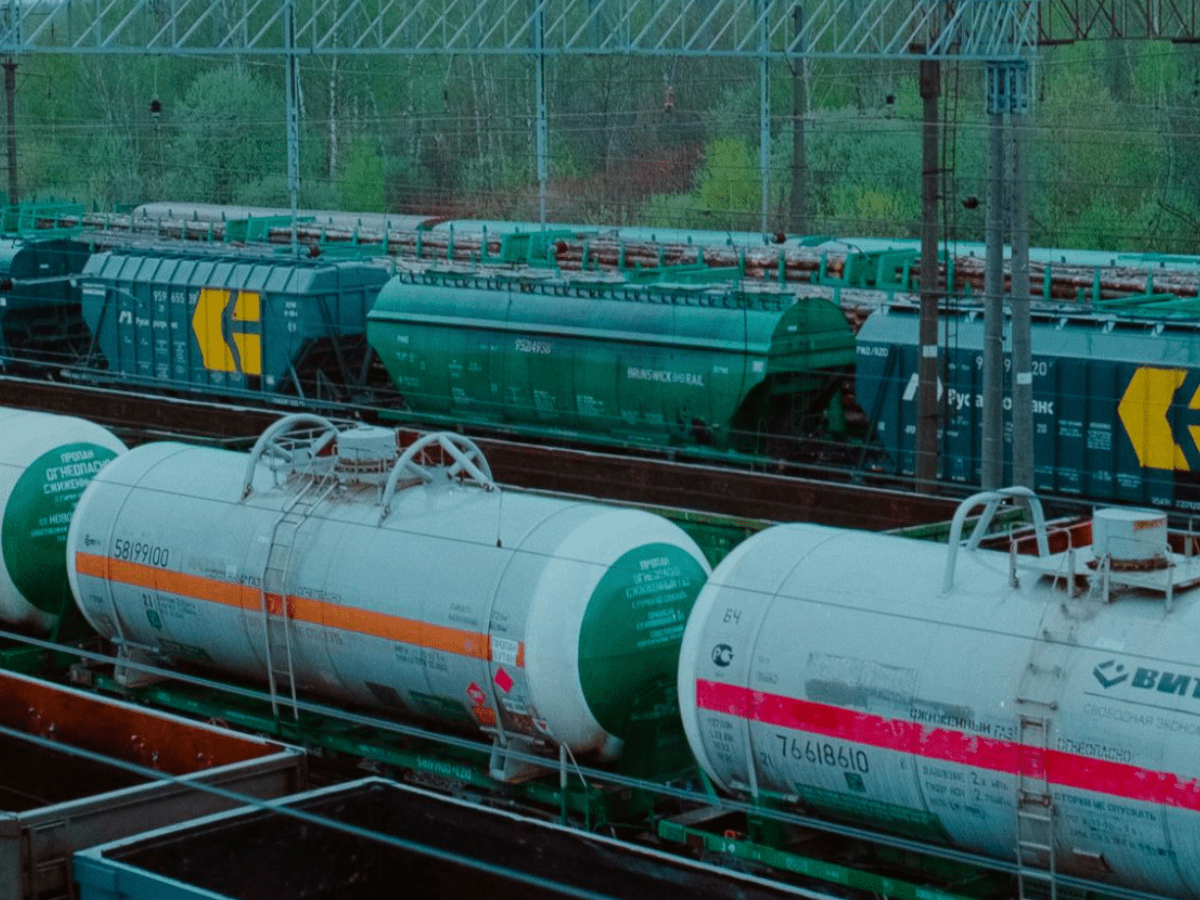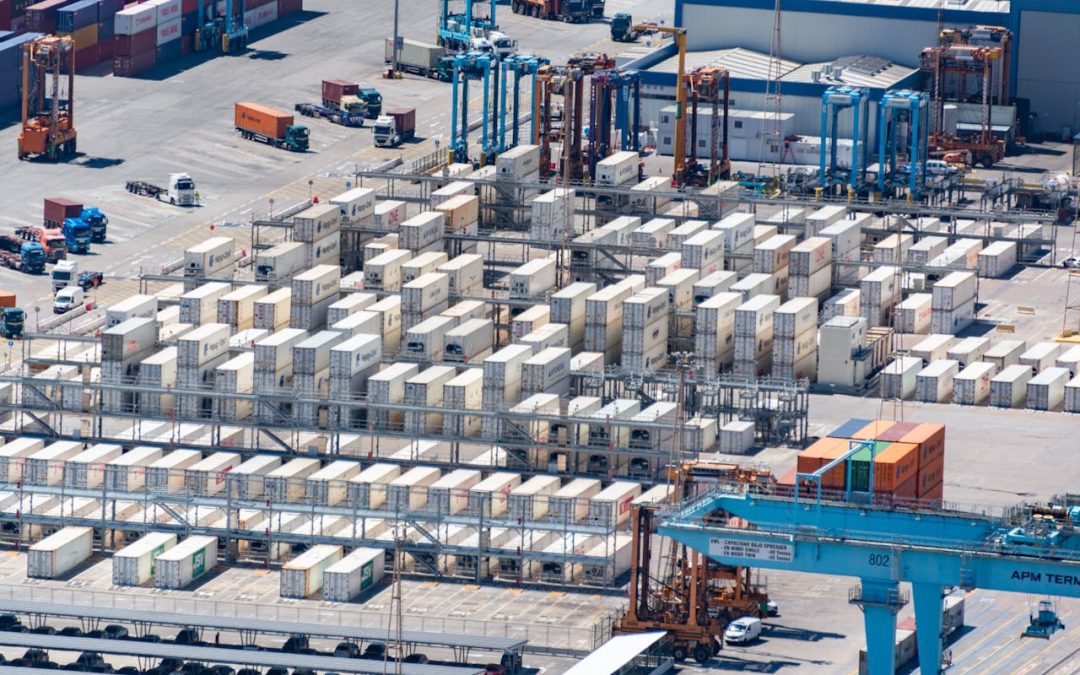Freight forwarding documentation might seem like a maze of forms and jargon, but getting it right is key to ensuring your goods arrive at their destination – safely, legally and on time.
Even if you’re handing your shipping off to experts like us, there will be aspects you need to know about. Understanding all the documentation needed also keeps you in the loop of the logistics process, which can help you with planning and scheduling.
In this blog, we will go over the essential documents, the most common documentation mistakes and how you can ensure your shipments sail through customs without a hitch.
The Key People In The Process
Let’s take it back to basics for a minute. When getting cargo from A to B, there are three main roles… But who’s who?
The Shipper, Sender Or Exporter
Quite simply, the shipper is the one who sends the goods. They prepare the goods for transport and arrange the transport itself, either by contacting carriers themselves or through a freight forwarder.
The Consignee, Or Receiver
The consignee receives the goods. The consignee might be the buyer, but not always. After physically getting hold of the cargo at its destination, the consignee inspects the shipment to ensure the goods are present and correct and signs the delivery receipts.
The Freight Forwarder
Freight forwarders are shipping experts who manage the complexities of transporting goods. They choose and organise the best route and carrier combinations, negotiate rates, cover freight consolidation, track shipments and handle documentation so that businesses can focus on core operations.
Different documents will be needed at different stages of the shipping process, making each key person responsible for some aspects.

Important Shipping Documentation (And Who’s Responsible For It)
We’ve covered who’s who. Next, we’re going to run through key documents that are needed along the way and whose task list they’re on.
Shipper (Exporter)
The shipper is responsible for…
- Preparing and providing a detailed and accurate commercial invoice. This document covers what’s being shipped and how much the goods are worth, as well as information that is used to calculate the value of duties and taxes that need paying.
- Creating a packing list. The packing list provides further details of the contents of each package, pallet or container.
- Providing a certificate of origin, if required. COIs declare where the goods were made or produced, helping to determine tariffs and duties. They also communicate to customs that a shipment is compliant with the importing country’s regulations.
- Extra export documents, such as export licenses or permits. What’s required will depend on the destination country’s rules and regs and the type of goods being sent.
Consignee (Importer)
The individual or business receiving the goods at their destination needs to cover all of the import documents if required by their country’s customs regulations. These might include…
- An import license. This is an official document permitting the consignee to import specific goods into the country.
- Regulatory compliance documents, like certificates or test results, depending on the type of goods. These ensure the goods are compliant with local regulations.
- Product registration documents, if required, for things like chemicals and electronics.
Freight Forwarder (That’s Us At Millennium Cargo)
Freight forwarders cover a huge chunk of important paperwork so that you don’t have to. The documentation we’re in charge of includes:
Bill of Lading
The freight forwarder is usually the one who issues the Bill of Lading, or BoL. This is the most important legal shipping document and acts as a contract between all parties. You can read more about BoLs in this blog.
Customs Declarations
It’s also our job to prepare and submit customs declarations for both import and export, making sure that shipments comply with all relevant regulations for both countries.
Letter of Credit (L/C)
This financial document guarantees payment to the exporter or seller. No one wants to get this one wrong! It is issued by a bank on behalf of the buyer, or importer, and we help you understand and manage the document to make sure your transaction is safe.
Other Documentation
Freight forwarders like Millennium might also help with other documents like insurance certificates or certificates of inspection.
Important Note: Whilst these are general guidelines, who’s responsible for each document may vary depending on the Incoterms. Incoterms lay out the tasks, risks and costs for the buyers and sellers of a shipping transaction and can be found on the BoL. Find out more about Incoterms here.
Documents For Specific Types of Shipments
Some shipments will require additional documentation.
Dangerous Goods
Specialised documentation, including Material Safety Data Sheets (MSDS) and dangerous goods declarations, are required for hazardous materials. This ensures the goods can be handled and transported safely.

Temperature-Controlled Shipments
You’ll need temperature logs and other documents for perishable goods. Perishable goods must be kept at optimum temperature during transit to avoid spoiling.
Customs-Specific Requirements
Some countries have specific requirements for certain goods. For example…
- If you’re shipping plants or agricultural products, you’ll likely need a phytosanitary certificate to prove they’re free from pests and diseases.
- Production certificates are often required to ship goods that must meet specific standards or quality control measures. From pharmaceuticals and medical products to children’s toys, there are many different types.
The most important thing to remember is that different countries have different rules, so it’s crucial to know what you need.
Common Mistakes With Freight Documentation And How to Avoid Them
Making mistakes with freight documentation can cause huge delays and unhappy customers. Here are the most common problems and how you can keep everything running smoothly…
Inaccurate Information
Inaccurate information can cause customs delays, shipment rejection, fines, penalties, compliance issues, problems with insurance and, of course, delivery delays.
It is essential to double-check all details, including product descriptions, quantities and values.
Missing Documents
The consequences of missing paperwork are high – customs delays are stressful and penalties are expensive!
Planning is essential to ensure everyone knows what they’re responsible for and every single document is prepared and submitted at the right stage of the shipping process.
Late Submission
Late submission can disrupt the shipping process and incur additional costs.
Phew, getting everything ready sounds like a lot of work, doesn’t it? That’s why so many shipping companies rely on freight forwarders to help.
Have You Got A Handle On Freight Documentation?
Accurate and timely documentation makes for smooth sailing in freight forwarding. Getting it right means you avoid additional costs and dreaded delays that can end up costing you time and money.
Millennium Cargo are freight documentation experts! Need our help managing the freight process? Give us a shout today.

